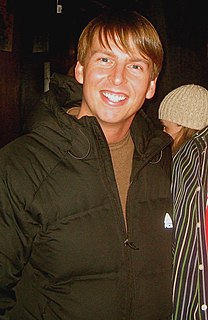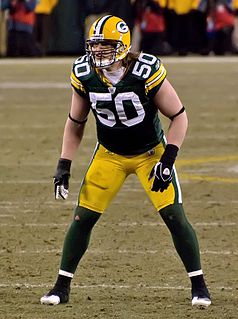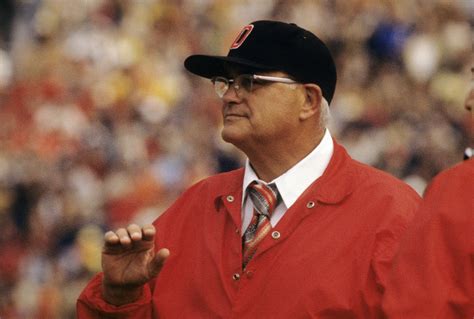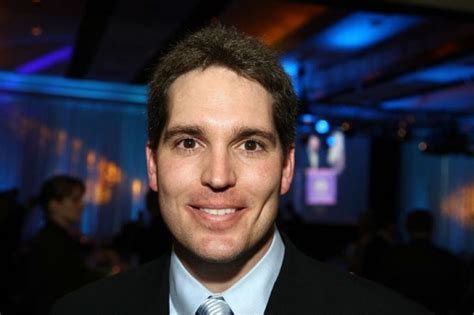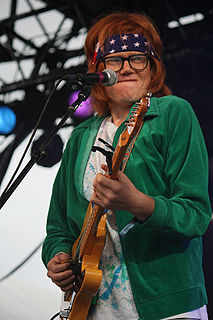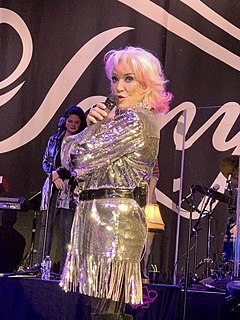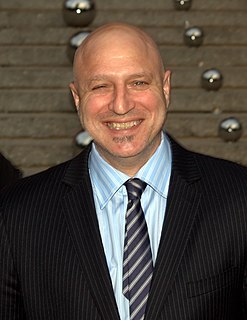A Quote by Andre Naffis-Sahely
Some of my colleagues are surprised by how little personal interaction I've had with "my" authors, but I don't translate to go fishing for friends. Part of me suspects that they wouldn't like me, or that I wouldn't like them, which would inevitably get in the way of the mission. None of the theory built around translation matters to me anyway: much of the process, I find, is intuitive.
Related Quotes
My parents preached so much about Christianity and my mother thinks Jesus is the best thing that ever happened to the world - which he is - and God found a way of making examples for me. Like, just growing up, bullets would hit my partner but not me and I'd be right there. Or my Dad had a thing where he would make me play for the sorry team during football and make me go up against all my friends. It built a certain kind of character and a humble factor into me because I knew I had to work for it. And then to be able to beat them or be just as successful at so many things.
To me, making a horror movie is about how you can present similar genre familiarities, but present them a little bit differently. Part of what interests me is the nonchalant realism of it, because you don't get that in the big studio horror movies. I like seeing someone walk around a house and sift through the drawers, and things like that, because that reminds me of what I would do, and of weird personal choices that people would make. That, in contrast to seeing someone get chased with a knife, makes it all the more interesting.
I was always a performer kid - like, annoyingly so. I would put on shows for my family and direct my friends in little plays, and my little sister, I'd make up dances with her. But when I was 12, that was when I started taking it seriously, and my mom for some reason believed in me and helped me find an agent in Cleveland, which did nothing for me.
I assumed just from being around, all these years, that people would immediately glom on to, Well, it's a departure, and it's a dystopian kind of thing, and that's natural, of course. But it's surprised me - not even surprised me, but it's pleased me - how much people have been responding to the way the book was written.
I never would have guessed that I would get a job for the way I sound. I would get notes about how I should lose my accent, and part of me thinks, 'How dare you! This is who I am! Millions of people want to sound like me!' But it's sensitive, and I have tried to change it, with little to no success.
I've had smarter people around me all my life, but I haven't run into one yet that can outwork me. And if they can't outwork you, then smarts aren't going to do them much good. That's just the way it is. And if you believe that and live by it, you'd be surprised at how much fun you can have. “Any time you give a man something he doesn't earn, you cheapen him. Our kids earn what they get, and that includes respect.
I definitely had one guy come up to me and ask if I knew where to get DMT. He had a crewcut and he didn't look like he'd ever done a drug in his life. He didn't seem curious he seemed like he wanted to get me to do something. Like "You're the laziest narc ever dude. This is ridiculous. What, do you think I bring drugs around with me? Are you retarded? Why don't you go find gangsters?"
For so much of my life, I lived feeling as if, if I spoke, if I said something, I would lose everything. I would be pushed out. No one will want me. No one will love me. No one would want to be friends with me. It took me decades to get to a space of saying, 'This is my truth. This is who I am, and I don't care if you like me or you don't like me.'
Pain is part of how I get inspiration and part of how I gain wisdom on life. I guess the point I'm trying to make is that I don't transform it, I just let it be. I kind of let it move through me, let it consume me and I let it take me over and hurt me, and I let it go away when it's ready to go away and I understand that it's just part of the process.





